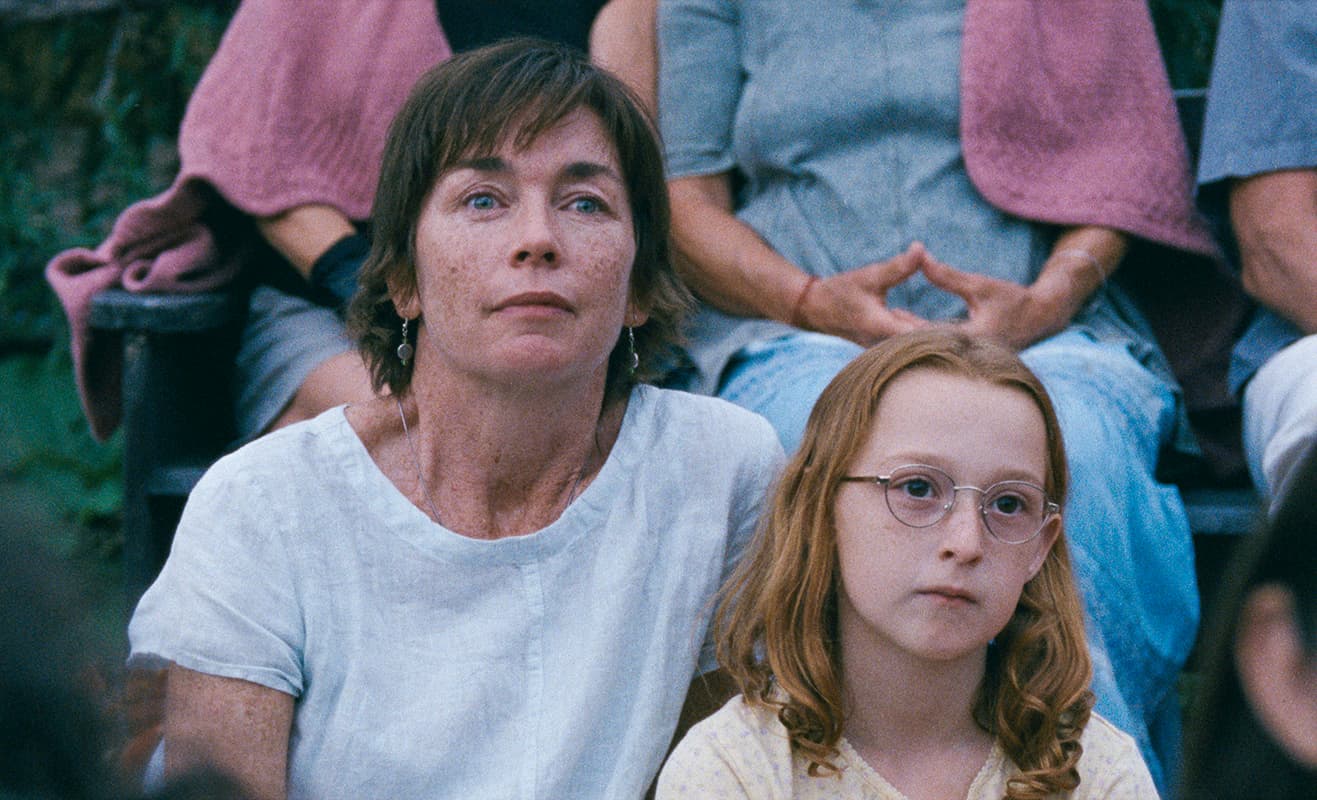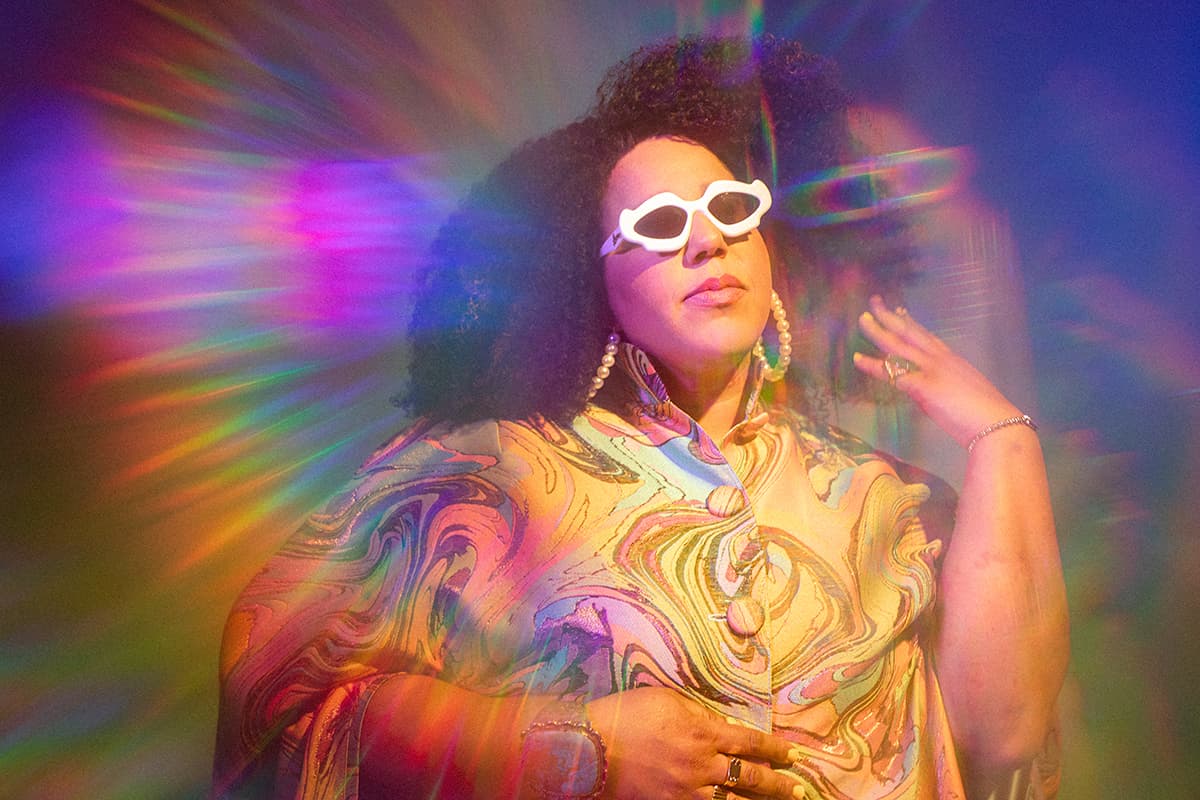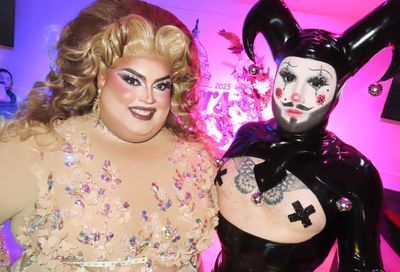The World to Come review: Achingly predictable, insufferably affected lesbian drama
"The World to Come" aims to be a lesbian version of Brokeback Mountain. It is nothing of the sort.

“I wish I knew how to quit you.” It’s the most famous line in Ang Lee’s Brokeback Mountain, and it carries the emotional weight of the 2005 gay love story through its stark, brutal, brilliant directness. Regrettably, there is no such standout phrase in The World to Come, which has been pre-hailed by some as the lesbian Brokeback. Frankly, it is nothing of the sort.
The characters in The World to Come (★★☆☆☆) speak in an affected, irritating manner, tossing out words like “asperity” as though engaged in some kind of crossword battle. It grates on you until all you want to do is beg them to please be quiet.
Much of the verbiage in The World to Come is imposed onto the film by needless voice-over narration. Silences can be golden in cinema, but writers Jim Shepard and Ron Hansen don’t quite know when to zip it. The narration is ladled out in persistent, monotone globs by Abigail (Katherine Waterston), who, in the harsh climes of 1856, toils on an upstate New York farm, in shared misery with her husband, Dyer (Casey Affleck).
Abigail imparts such things to us as “My heart is like a leaf borne over a rock by rapidly moving water,” and “I’ve restored him somewhat with an enema of molasses, warm water, and lard.” But her best is saved for a woman with whom she becomes more than smitten: “Her skin had an under-flush of rose and violet, which so disconcerted me, I had to look away.”
The “her” is Tallie (a radiant Vanessa Kirby), wife to Finney (Christopher Abbott), a couple who have rented a neighboring farm. The women become romantically involved after their pinkie fingers inadvertently, magically graze. Think of it like instant coffee: It’s fast and narratively convenient, but it’s not fresh. The story in The World to Come is so achingly predictable, so littered with routine dramatic tropes, some of which travel into their own void of nowhere, that it’s impossible to get wrapped up in Tallie and Abigail’s affair, much of which isn’t depicted until a miscalculated, rapid-fire montage at the end of the movie.
Take, in contrast, Francis Lee’s magnificent Ammonite, which is set around a similar period, and which lit a slow-burning fuse of desire that exploded into an emotional — and startlingly carnal — payoff. It felt real, genuine, earned. Nothing in The World to Come feels anything other than coerced. Both Abigail and Tallie are having marital issues in the bedroom, each for different reasons — the former over the loss of the couple’s young child to diptheria, the latter due to an abusive husband who goes on and on and on about a “wife’s duties.” It’s clear from the start Tallie’s interests lie elsewhere, as when she first spies Abigail, her face conveying a hungering lust.
Abigail, for her part, remains the emotional equivalent of a turnip, and Waterston’s vacant performance does little to help matters. It’s almost as though the actress, who is usually riveting, is thinking “Can we get this over with?” Affleck, for his part, alternates between broody and broodier, muttering most of his lines in an attempt to convey a man beaten by the elements (blizzards have a way of doing that to you) and a lack of affection from his wife. Dyer appears to have an understanding of what is going on between his wife and Tallie, but doesn’t have the gumption to address it. Affleck never solidifies the character to the point where we actually feel anything for him. He’s a lump. Finney, on the other hand, does address the affair, and the results are at best uncomfortable (think the most awkward dinner imaginable), and at worst dangerous.

Director Mona Fastvold at least sustains an oppressive cinematic mood, aided by the stunning frozen landscapes of cinematographer André Chemetoff, and Daniel Blumberg’s effectively weird, screechy score. (If you make it to the end, stick through the credits for the lovely, haunting closing song.)
I suppose Fastvold was going for some kind of cinematic poetry with The World to Come, but the movie wears its failure on its sleeve. If you are looking for an extraordinary period lesbian romance, one brimming with passion, purpose, and no intrusive voice-over narration, look no further than the glorious Ammonite instead. It’s the better choice.
The World to Come opens in select theaters, where operating, on Feb. 12. It comes to On Demand and Digital on March 2.
Read More:
Judas and the Black Messiah review: Daniel Kaluuya is magnetic as Black Panther’s Fred Hampton
Palmer review: Queer-themed drama overcomes a steep hurdle of predictability
Supernova review: Colin Firth and Stanley Tucci shine in restrained gay drama
Support Metro Weekly’s Journalism
These are challenging times for news organizations. And yet it’s crucial we stay active and provide vital resources and information to both our local readers and the world. So won’t you please take a moment and consider supporting Metro Weekly with a membership? For as little as $5 a month, you can help ensure Metro Weekly magazine and MetroWeekly.com remain free, viable resources as we provide the best, most diverse, culturally-resonant LGBTQ coverage in both the D.C. region and around the world. Memberships come with exclusive perks and discounts, your own personal digital delivery of each week’s magazine (and an archive), access to our Member's Lounge when it launches this fall, and exclusive members-only items like Metro Weekly Membership Mugs and Tote Bags! Check out all our membership levels here and please join us today!

























You must be logged in to post a comment.